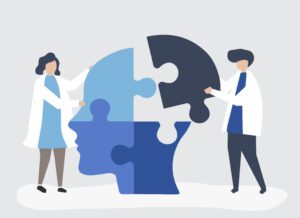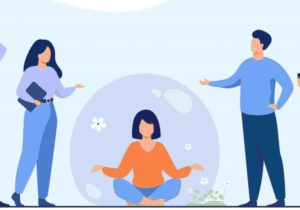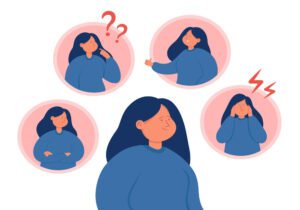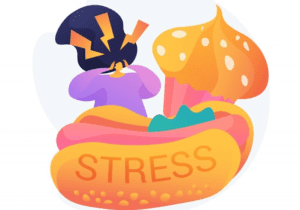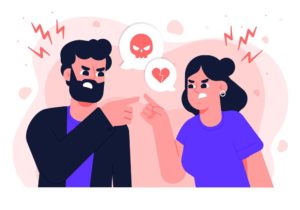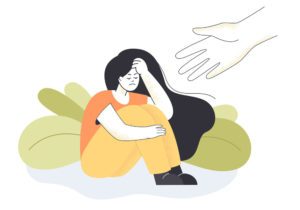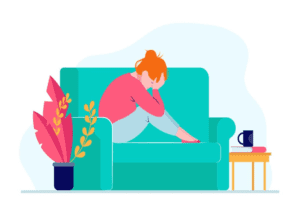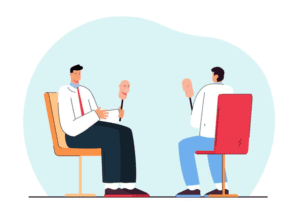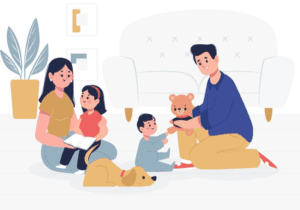Navigating Compassion Fatigue in the Digital Age: A Call to Prioritize Mental Well-Being
This article has been researched and written by Bruna Moubarak. AI has not been used in producing this article.
Amid the constant stream of information and images that flood our screens, the toll on our mental well-being can be profound, particularly when grappling with the atrocities we are currently witnessing in Gaza. Compassion fatigue, a silent intruder into our psyche, can gradually erode our capacity for empathy and leave us feeling emotionally drained and overwhelmed. This psychological phenomenon, heightened by the immediacy of social media, becomes especially poignant when examining its impact in the context of the Gaza violence.
As we explore the intricate relationship between compassion fatigue, social media, and mental health, this article aims to provide insight and actionable tips for folks interested in preserving their mental well-being.
Understanding Compassion Fatigue & the Impact of Social Media
Compassion fatigue is a psychological phenomenon stemming from the prolonged exposure to the suffering of others, particularly in the context of traumatic events. In the age of social media, this exposure is magnified, making us susceptible to its profound implications on our mental health. Constantly witnessing distressing images and narratives, especially through the pervasive reach of social media channels, can lead to emotional exhaustion. The relentless stream of traumatic content may induce a sense of depersonalization, wherein individuals feel detached or numbed in their emotional responses. Additionally, a diminished sense of personal accomplishment may emerge, as the overwhelming nature of the information may make one feel helpless.
Understanding these psychological dimensions is crucial for folks, particularly those in caregiving professions or frequent consumers of global news, to navigate the complexities of compassion fatigue and proactively protect themselves.
For those of us from regions affected by war & genocide, the impact of social media transcends mere exposure—it becomes a deeply personal and emotionally charged experience, a poignant reminder of personal histories and collective struggles. The virtual proximity to conflict zones, even through screens, can act as a trigger, awakening memories, fears, and a deep sense of powerlessness.
Social media, by virtue of its immediacy, intensifies the emotional connection, fostering a unique and often overwhelming sense of empathy.
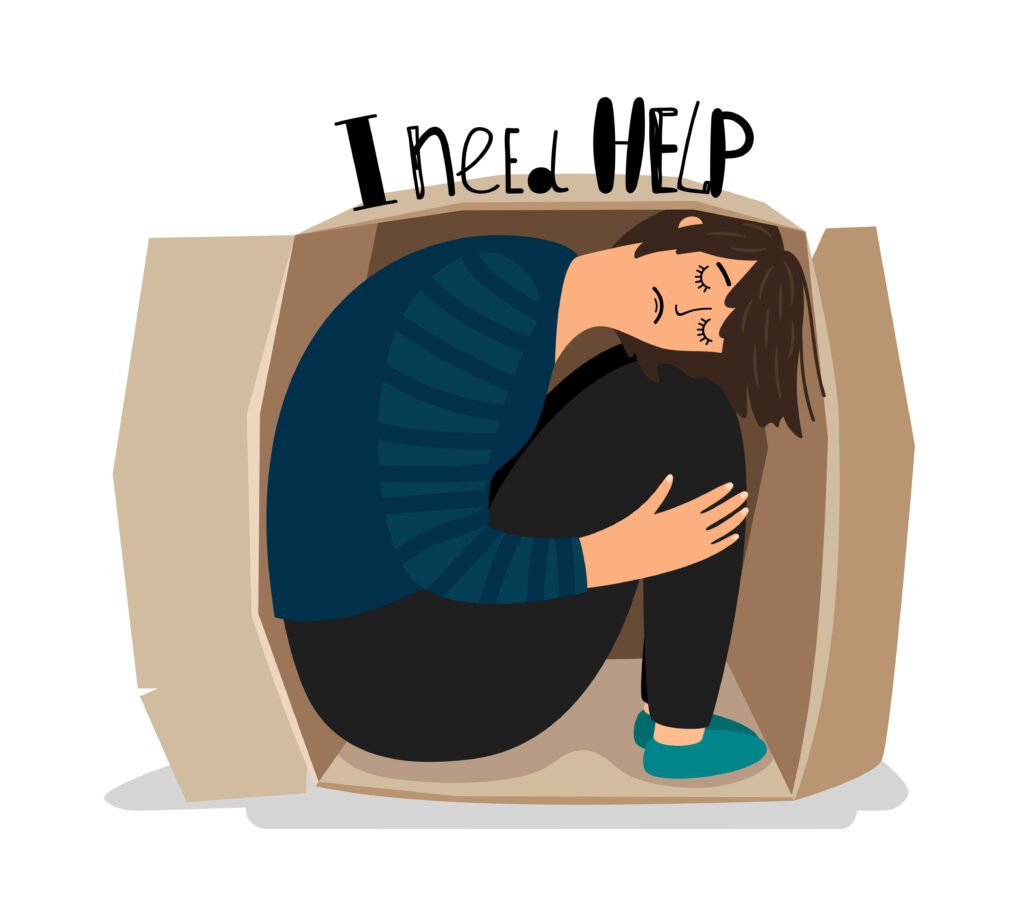
Navigating compassion fatigue requires a mindful approach, especially in the digital age. Below are some tips to consider utilizing:
- Set Boundaries: Limiting social media exposure and designating specific times for news consumption empowers us to control the influx of distressing information, creating space for mental rest and recuperation.
- Practice Self-Care: Beyond the cliché, self-care consists of cultivating habits that replenish emotional reserves – be it through walks, mindfulness practices, or artistic pursuits.
- Community Connection: The power of community lies not only in shared pain but also in collective resilience. Open conversations within supportive circles can provide emotional release and reinforce a needed sense of shared humanity.
- Seek Professional Support: Therapy offers a dedicate space for individuals to process emotions and develop coping strategies, serving as a valuable resource in navigating the complexities of compassion fatigue.
As a final note, engaging in informed activism not only channels empathy into meaningful action but also provides a constructive outlet for those seeking to contribute positively to the global narrative, including individuals dealing with anxiety. With a heavy heart, we recognize the devastation and deeply grieve for the innocent lives senselessly lost in Palestine. This article aims to shed light on ways all of us affected by the atrocity can better take care of ourselves so as to continue enduring in the face of tragedy. When every update carries the weight of the world, let us remember that, in caring for ourselves, we are better equipped to care for others.
Article prepared by Bruna Moubarak.
5 Simple Mental Health Practices for Your Everyday Life: Nurturing Your Body & Mind
In today’s fast-paced world, it’s becoming increasingly evident that we need to place our mental health at the forefront
Ways to Reduce Anxiety in 2024
As we say farewell to 2022 and usher in the New Year, we look towards the future. With New Year’s resolutions on the docket, many of us are striving to achieve a calm life …
Navigating Compassion Fatigue in the Digital Age: A Call to Prioritize Mental Well-Being
Amid the constant stream of information and images that flood our screens, the toll on our mental well-being can be …
The Link Between Anxiety and Overeating
All of us have encountered moments of stress and unease throughout our lives. These feelings of anxiety not only bring…
10 Steps To Fix A Toxic Relationship
Every relationship has its fair share of ups and downs, but when toxicity creeps in, it can become a serious challenge. Toxic relationships can be emotionally draining and detrimental to our overall …
Exploring the Benefits of EMDR Therapy for Anxiety and Depression
Anxiety and depression are two of the most common mental health disorders worldwide, affecting millions of people every year. While traditional talk therapy and medication can be …
Health Effects of Untreated Depression
It’s very common to feel sadness at one point or another in our life. Depending on your specific circumstances, you may even feel …
Psychologists vs. Psychiatrists – What’s the Difference?
Clients shouldn’t have to jump through hoops to understand who the perfect candidate is for treating their emotional and/or behavioral struggles. Yet, understanding the type of provider you should see during …
Gentle Parenting: What is it and How to Try it Yourself
When it comes to raising children, no one has all the answers. Every parent and child have unique challenges and needs. Navigating these individual circumstances along with ever-changing environments, such as school …
How to Improve Your Relationship with Your Children – A Psychologist’s Guide
The modern family’s lifestyle leaves us shuffling from school to sports practice, family events, visiting friends, and everything in between. As society evolves to become more on-the-go and technologically advanced, w…

